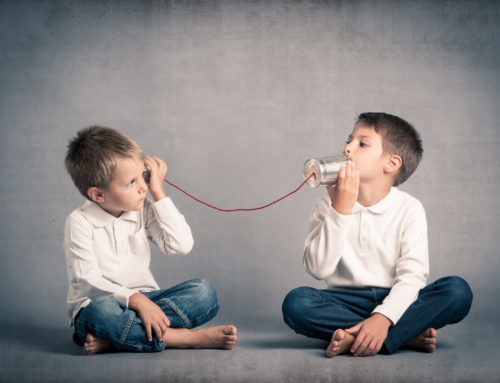
The pre-schoolers seem to get smaller and cuter every year, their faces glowing, and eyes wide gazing at the strangers who have come to hear them sing. The middle-schoolers look and act even more mature than last year. Every grade is smartly dressed in school uniforms, organized, and obedient to their teachers’ whispered promptings. The Christmas songs are heart-warming – the same songs that the audience sung years ago, in other churches far away. Afterwards, the children talk to their guests over bagels. They are bright, unafraid, excited about their studies and the coming holidays. They are very, very grateful for the support these visitors give to their school.
Some of these youngsters live with their parents and siblings in middle class homes, where their moms and dads volunteer for the PTA and are thankful that this small religious school is giving their children an excellent education and reinforcing the faith and values they learn at home. Many, many others are not so fortunate. They live in poverty. Their parents may be on drugs, in jail, or even dead in the acts of violence that are far too common in their neighborhoods. They may be being raised by a grandparent who works multiple jobs to put food on the table and to pay at least a portion of the tuition at this school that is the lifeline for these children – a community where they have safety, security, love, inclusion, and a solid education.
This isn’t a plea for religious education. It’s a recognition that when children cannot get the stability they need in their home lives to grow to be strong, productive adults, there are alternatives to give them that support. Research has shown that children from disadvantaged neighborhoods who attend Catholic schools are more likely to complete high school, to go on to college or other productive careers, and to raise strong families themselves.
And why should we, as a society, be concerned about this problem? Because the power of adverse childhood events to permanently mar a human being’s life is astonishing, and depressing. These events, which include losing a parent, mental health illnesses in the family, and domestic abuse, can make children more likely to suffer depression, become alcoholics, and use IV drugs. The more of these adverse events a child experiences, the greater the number and impact of chronic conditions they may face.
In short, if a child is not fortunate enough to be born into a stable, supportive family and environment, there is still hope. We need to acknowledge the power of the spiritually centered school, where each child is recognized as an individual, nurtured, and valued, to turn around what may be a painful start in life.
Scott Public Relations supports the Guardian Angel School in Pacoima for this reason. Read about the school here. Please think about what you can do to help these children and their school communities.
If you’re in healthcare, insurance, technology or other professional services industries, and need help with a PR, marketing or social media campaign, contact Scott Public Relations.
Download our e-book, “The C-Suite Asks, We Answer: The Top 6 Questions About Healthcare PR.”

Like what you’ve read? Follow Scott Public Relations on LinkedIn, Twitter, Facebook, Pinterest, and Google+.
Sign up to receive our monthly advice on healthcare, insurance and technology PR: Scott Public Relations.





Leave A Comment